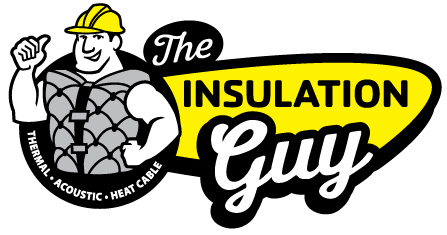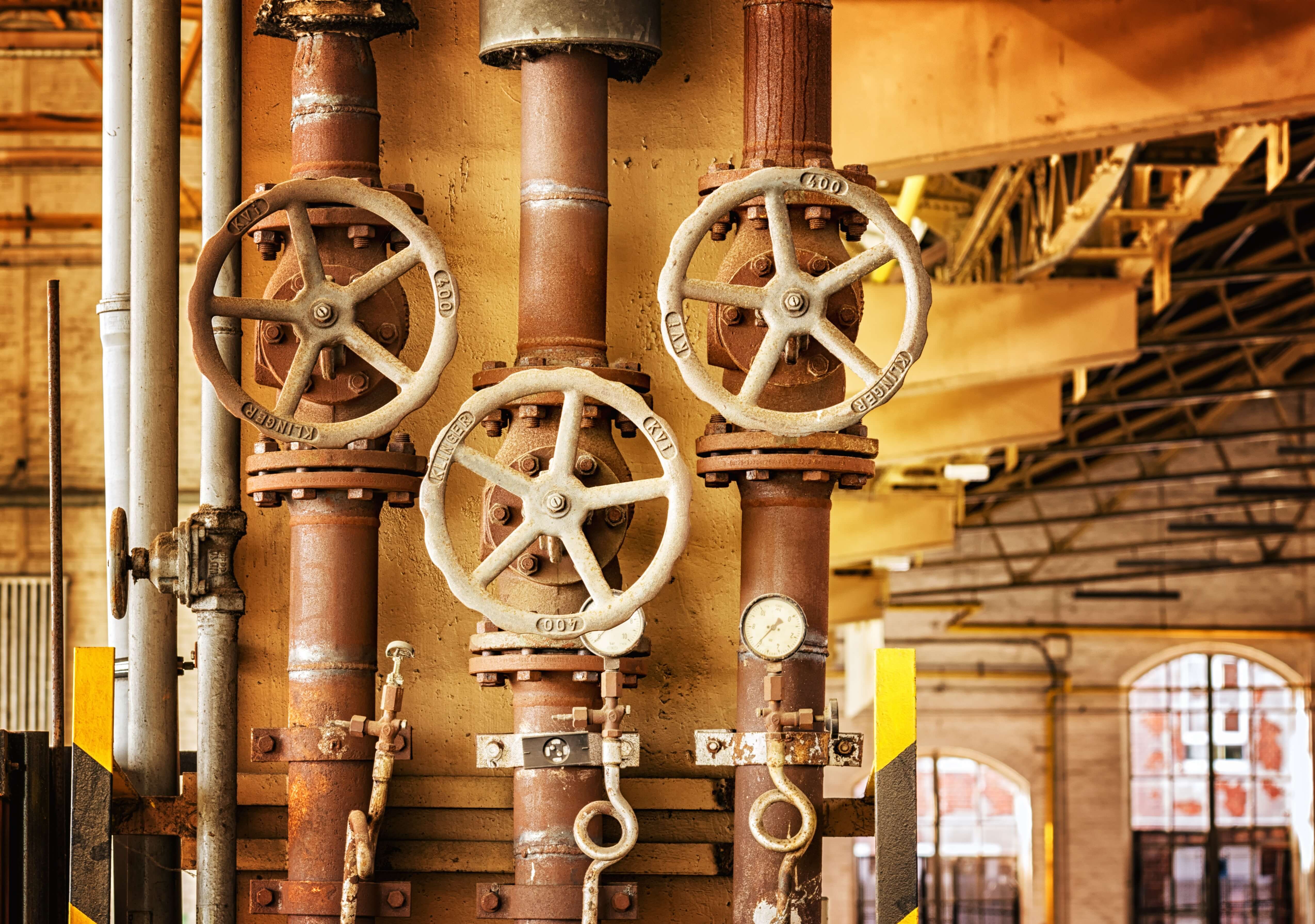
Thermal Pipe Insulation for Industrial Applications
The Insulation Guy offers 13 types of industrial pipe insulation with various jacketed and unjacketed options, rated for temperatures as low as -300°F to as high as +2300°F.
By offering a range of different types of industrial pipe insulation, we can stay on top of industry demands and help your business. Explore fiberglass pipe insulation, fitted pipe jackets, custom insulation shapes, and more - all available to ship to anywhere in the United States!
Types of Pipe Insulation
Industrial pipe insulation for extreme temperatures (-300F to 2300F). Improves energy efficiency, moisture control, and safety precautions.
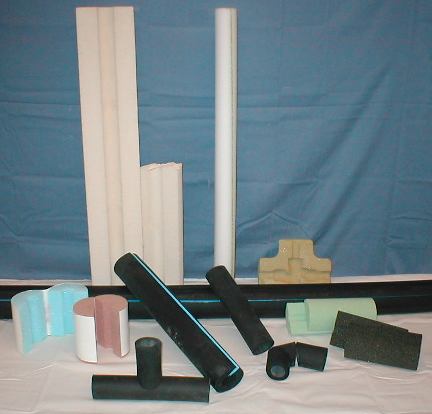
Fitted pipe insulation shapes are perfect for encasing straight pipes, curves, or joints that require special attention. Engineered shapes to 22" I.D. can be flexible or rigid, with an R Value from 2.63 to 7.5 per inch.
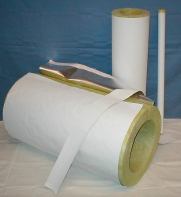
Maintain a clean and visibly appealing facility by choosing pipe insulation with a traditional all-service jacket (ASJ). This insulation comes in 5/8" I.D. to 34", 0° to +850°, with thicknesses that range from 1/2" to 4".
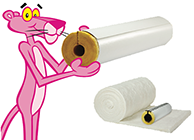
The all-new ASJ Max FiberglasTM Pipe Insulation is designed to keep your facility safe while saving you money on heating and cooling costs. Fiberglass insulation is durable and long-lasting in extreme conditions.
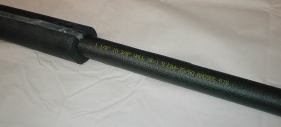
Flexible foams insulate temperatures from -40° to +300°F. Available are nine types of UV and non-UV types in sizes from 3/8" ID. to 16" and thicknesses up to 4". For use in all applications from plumbing to aerospace.
Thermal Pipe Insulation to Benefit Your Business
Thermal insulation is designed to retard extreme temperatures (hot or cold) to help save on heating and cooling costs, reduce condensation, and act as a safeguard against onsite injuries. Thermal pipe insulation may be made of either natural or manufactured materials, depending on its intended application.
Choose from rugged, high-performance insulation materials such as fiberglass or closed-cell rubber foam for a host of applications, including:
- Energy conservation
- Freeze protection
- Condensation control
- Noise control
- Personnel protection
.png)
Explore Industrial Pipe Insulation
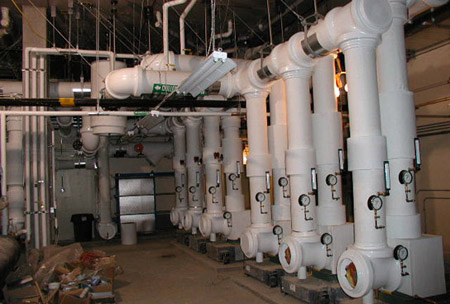
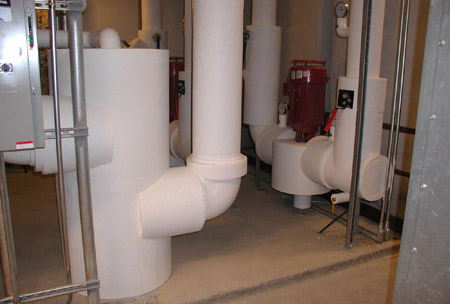
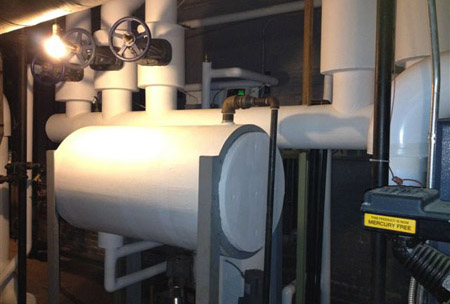
Frequently Asked Questions
What type of pipes need insulation?
Why is it important to insulate pipes?
What are the best insulation materials for exposed pipes
What temperatures is fiberglass pipe insulation designed for?
_1.png)
Get a Thermal Pipe Insulation Quote Today
Enjoy improved process control in any industry with pipe insulation engineered to fit any size or type of pipe, valve, or fitting, including special shapes such as 90's, 45's, and T's. Whatever your unique situation or set-up, we've got you covered.
Our industrial pipe insulation experts pride themselves in being truly knowledgeable in resolving any application or protection problem, however simple or complex. Contact us to get a quote or to request more information about our industrial pipe insulation products.
